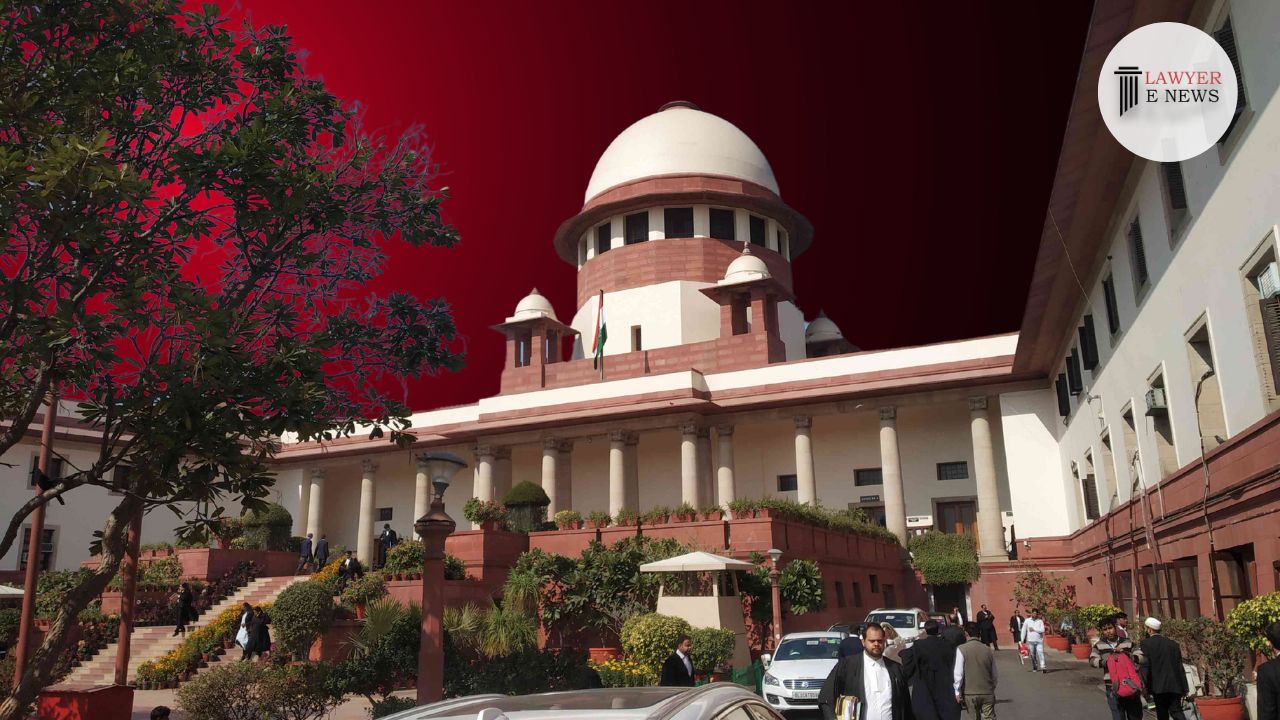-
by Admin
16 February 2026 1:47 PM



In a significant judgment, the Supreme Court of India granted anticipatory bail to the appellants and made observations regarding the practice of remanding accused persons to custody upon their appearance. The court emphasized that the practice needs to be examined in an appropriate case and stated "In some parts of the country, there seems to be a practice followed by Courts to remand the accused to custody, the moment they appear in response to the summoning order. The correctness of such a practice has to be tested in an appropriate case. Suffice for the present to note that it is not the CBI which is seeking their custody, but the appellants apprehend that they may be remanded to custody by the Trial Court, and this is why they seek protection."
The case involved the appellants, who were accused in FIR No. RC 219 2019 E0006, which alleged offenses under Sections 420, 467, 468, 471 of the Indian Penal Code (IPC) and Section 13(2) read with Section 13(1)(d) of the Prevention of Corruption Act, 1988. The appellants had approached the court challenging the rejection of their applications for anticipatory bail by the High Court.
The Supreme Court noted that the Central Bureau of Investigation (CBI) did not require custodial interrogation of the appellants during the investigation period. The accused had cooperated with the investigation, and all transactions under scrutiny were supported by documentary evidence. Despite the seriousness of the allegations, the court found it difficult to accept the contention that custody of the appellants was necessary at this stage.
Furthermore, the court observed that the appellants' apprehension of arrest stemmed not from the CBI but from a practice followed by certain courts. It noted that in some parts of the country, accused persons are remanded to custody as soon as they appear in response to a summoning order. The court stressed the need to examine the correctness of such a practice in an appropriate case.
The bench, comprising Justice V. Ramasubramanian, held that the appellants were entitled to be released on bail if remanded to custody by the Trial Court. The court directed the appellants to be released on bail, subject to the terms and conditions imposed by the Special Court, including the surrender of passports, if any.
This judgment brings attention to the practice of remanding accused persons to custody, with the Supreme Court acknowledging the need for scrutiny in future cases. The ruling emphasizes the importance of considering individual circumstances and the requirement of custodial interrogation when deciding on anticipatory bail applications.
Date of Decision: March 20, 2023
MAHDOOM BAVA VS CENTRAL BUREAU OF INVESTIGATION
